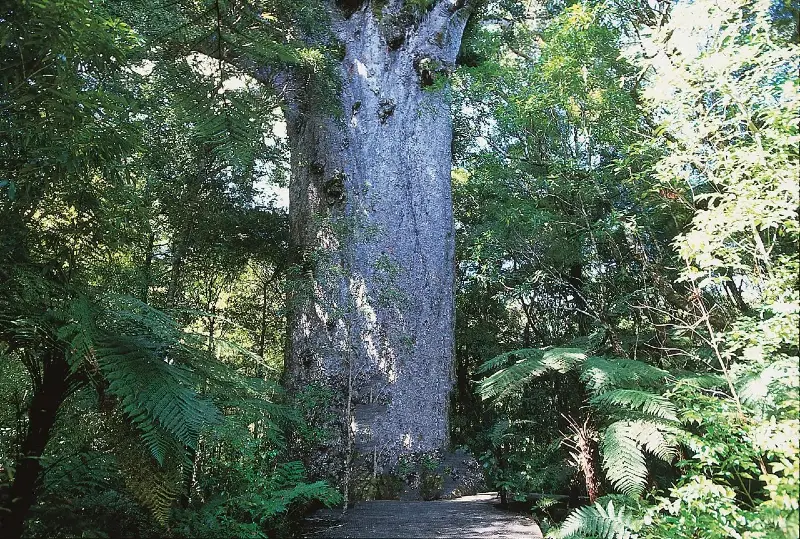Introduction to Sustainability and Māori Perspectives
The concepts of sustainability and environmental conservation are not just modern principles but are deeply rooted in many indigenous cultures around the world, including the Māori of New Zealand. For the Māori, the environment is a source of life and identity, where every element of nature is interconnected and respected. This worldview emphasizes the importance of living in harmony with the land, sea, and sky, ensuring that the natural resources can sustain future generations.
Matariki, the Māori New Year, is a significant cultural event that embodies these principles of renewal and environmental stewardship. It is a time when people come together to remember those who have passed, celebrate the present, and plan for the future. This period offers a unique lens through which to view the Māori relationship with the environment, highlighting the importance of cycles in nature and the role of humans as caretakers of the earth.
Key Sections
Traditional Māori Practices of Environmental Stewardship
The Māori concept of kaitiakitanga, which translates to guardianship or stewardship, is fundamental to understanding traditional environmental management. It encapsulates the responsibility of humans to protect and preserve the environment for future generations. This ethos is manifest in various sustainable practices that have been employed for centuries, such as the careful management of fisheries, forests, and agricultural lands.
Traditional practices also include the use of rāhui, a temporary prohibition on harvesting from certain areas to allow ecosystems to regenerate. This practice demonstrates an intricate understanding of sustainability, ensuring that resources are not overexploited. The Māori also practiced crop rotation and careful water management, techniques that modern science recognizes as essential for sustainable agriculture.
Matariki: A Time for Reflection and Renewal
Matariki holds a special place in the Māori calendar, marking the reappearance of the Pleiades star cluster in the early winter sky. This event signals a time for the community to reflect on the past, celebrate the present, and plan for the future. Agriculturally, it is a time to prepare the land for planting, guided by the stars, which are believed to influence the success of crops and fisheries in the coming year.
The celebration of Matariki also includes the remembrance of ancestors, the sharing of food and stories, and the expression of gratitude for the land’s abundance. It is a profound example of how cultural practices can embed sustainability and environmental consciousness in everyday life, linking the health of the land to the well-being of its people.
Connections to Kauri Forests
The majestic kauri forests of New Zealand are of immense cultural, spiritual, and ecological importance to the Māori people. Kauri trees are considered taonga, or treasures, and have been used for centuries to build canoes, houses, and tools, as well as for their gum. However, these ancient forests face threats from diseases like kauri dieback, which has no known cure and poses a significant risk to these irreplaceable ecosystems.
The fight to protect kauri forests is not just an ecological battle but also a cultural one, as the survival of these trees is intertwined with Māori identity and heritage. Conservation efforts often incorporate Māori knowledge and practices, recognizing that traditional wisdom can offer valuable insights into sustainable forest management.
Contemporary Efforts in Environmental Conservation
In recent years, there has been a growing recognition of the role that indigenous knowledge can play in contemporary environmental conservation. Māori-led initiatives across New Zealand are showcasing how traditional practices can be applied to modern challenges, leading to successful outcomes in protecting and restoring natural habitats. These projects not only focus on conservation but also aim to strengthen the connection between communities and their natural environment, reinforcing the significance of kaitiakitanga.
Collaborative efforts between Māori groups, conservation organizations, and government agencies are becoming increasingly common, offering a holistic approach to environmental management. These partnerships are crucial in addressing complex issues like climate change, biodiversity loss, and habitat degradation, demonstrating the power of combining traditional knowledge with scientific research.
Education and Awareness
Raising awareness and educating both the local and global community about the importance of sustainability and environmental conservation from a Māori perspective is crucial. Educational programs that incorporate Māori concepts of environmental stewardship can foster a deeper understanding and respect for these principles among wider audiences.
Storytelling, workshops, and cultural immersion experiences are effective ways to share Māori traditions and practices, highlighting how these can contribute to contemporary conservation efforts. By engaging people in learning about Māori perspectives, there is an opportunity to inspire a new generation of environmental stewards who are informed by both traditional knowledge and modern science.
Conclusion: Embracing Māori Wisdom in Environmental Conservation
The integration of Māori perspectives into contemporary environmental conservation efforts is not only beneficial but essential for achieving sustainable outcomes. The principles of kaitiakitanga, respect for natural cycles, and the cultural significance of events like Matariki offer valuable insights into how we can live more harmoniously with our environment.
As we move forward, it is crucial that we continue to learn from and incorporate Māori wisdom and practices into our approaches to conservation. By doing so, we not only honor the traditions and knowledge of indigenous cultures but also take meaningful steps towards protecting our planet for future generations. Encouraging further exploration and understanding of Māori culture and environmental philosophies can pave the way for more inclusive and effective conservation strategies worldwide.

